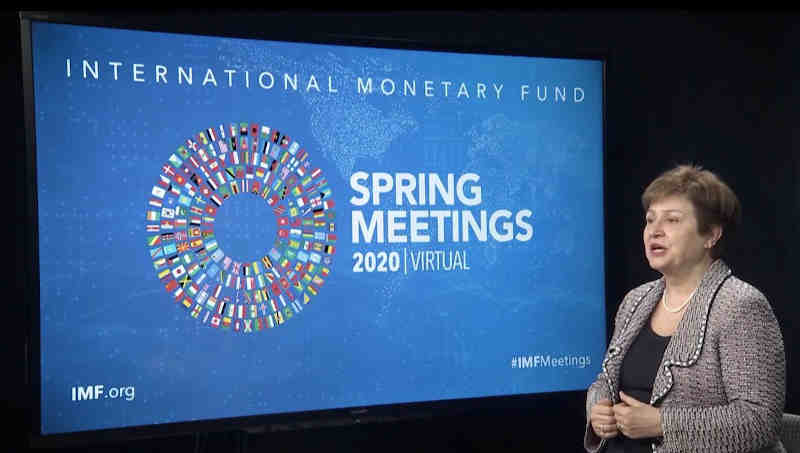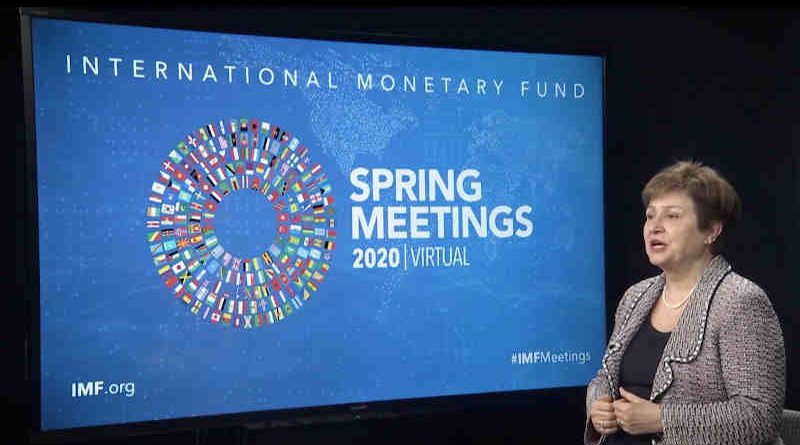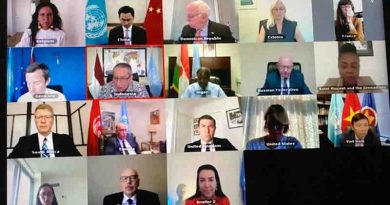IMF Governors Approve US$650 Billion Allocation of Special Drawing Rights

The SDR is an international reserve asset created by the IMF to supplement the official reserves of its member countries.
The Board of Governors of the International Monetary Fund (IMF) has approved a general allocation of Special Drawing Rights (SDRs) equivalent to US$650 billion (about SDR 456 billion) on August 2, 2021, to boost global liquidity.
“This is a historic decision – the largest SDR allocation in the history of the IMF and a shot in the arm for the global economy at a time of unprecedented crisis. The SDR allocation will benefit all members, address the long-term global need for reserves, build confidence, and foster the resilience and stability of the global economy. It will particularly help our most vulnerable countries struggling to cope with the impact of the Covid-19 crisis,” IMF Managing Director Kristalina Georgieva said.
The SDR is an international reserve asset created by the IMF to supplement the official reserves of its member countries. The SDR is not a currency. It is a potential claim on the freely usable currencies of IMF members.
As such, SDRs can provide a country with liquidity. A basket of currencies defines the SDR: the US dollar, Euro, Chinese Yuan, Japanese Yen, and the British Pound.
The general allocation of SDRs will become effective on August 23, 2021. The newly created SDRs will be credited to IMF member countries in proportion to their existing quotas in the Fund. About US$275 billion (about SDR 193 billion) of the new allocation will go to emerging markets and developing countries, including low-income countries.
“We will also continue to engage actively with our membership to identify viable options for voluntary channeling of SDRs from wealthier to poorer and more vulnerable member countries to support their pandemic recovery and achieve resilient and sustainable growth,” Ms. Georgieva said.
One key option is for members that have strong external positions to voluntarily channel part of their SDRs to scale up lending for low-income countries through the IMF’s Poverty Reduction and Growth Trust (PRGT). Concessional support through the PRGT is currently interest free.
The IMF says it is also exploring other options to help poorer and more vulnerable countries in their recovery efforts. A new Resilience and Sustainability Trust could be considered to facilitate more resilient and sustainable growth in the medium term.




